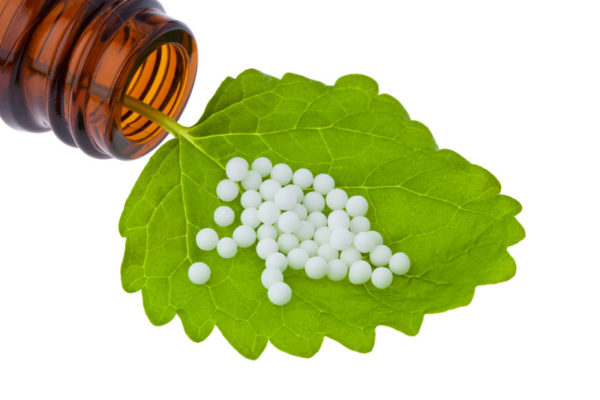The Concept of Homeopathy
WHAT IS HOMEOPATHY
For example, in maxillary sinusitis, the pus formed in the sinuses puts pressure on the gums, thereby spreading bacteria that cause gum and tooth infections. In this case, since there is a single cause for both the problems (both sinusitis and the gum infection or genguitis), there should also be a single remedy to address both problems.
A cure refers to the complete elimination of signs and symptoms, including the tendency to be repeatedly afflicted with the disease. This restores good health and the only approach that ensure this is treating the patients using a natural and logical form of treatment that employs the minimal and diluted dosage of medicine that has no side effects whatsoever.
The mind and the emotions are also considered while treating the patient in homeopathy. At the end of the treatment, not only do the symptoms disappear, but the mind also becomes calm and peaceful. Modern medicine has recently started accepting the fact that many diseases (for example: migraine, acidity, ulcer, hypertension, and diabetes) are psychosomatic, whereas homeopathy has deemed this to be true over the last two centuries.
To treat disease, the body needs a little stimulus to trigger its own healing process. Administered medicine is not required to directly fight the disease. Rather, the body must fight the disease by improving its general resistance that reduces the probability of developing new diseases.



Health is a state of harmony between the body and the mind. Any disturbance in this state of harmony results in disease, which is expressed in the form of signs and symptoms. In each and every case of a disease, a person exhibits two types of symptoms: Common and Uncommon. Common symptoms are those which are found in most cases of a particular disease, whereas uncommon symptoms vary from one individual to another. This forms the basis for the individual research that is done to treat each patient in the practice of homeopathy.
The Concept of Homeopathy

WHY HOMEOPATHY
- Homeopathy, the remedies are natural, prepared from extremely minute quantities of herbs, minerals and animal sources.
- Homeopathy ensures a rapid, gentle and permanent cure.
- Homeopathy classically administers one single indicated remedy Homeopathy negates surgery.
- Homeopathy when administered in minimal dose of an indicated medicine has no side effects.
- Homeopathy, the remedies are tested not only on animals, but also on humans.
- Homeopathy employs psychological emotions while treating the ill-healthy.
- Homeopathy improves general resistance while addressing the symptoms.
- Homeopathy individualizes the treatment employing the natural symptoms of disease and the common features of the specific human body.
- Homeopathy, the remedies work on the mind as well as the body to alleviate tension, worry and anxiety.
- Homeopathy treatment improves the harmony in the body of the person and leads to both professional and personal growth
- Homeopathy reduces the incidence of diseases by strengthening the immune system.
- Homeopathy offers excellent prevention and treatment for all acute, sub-acute, chronic diseases.
Pawan Healthcare
HOW DOES IT WORK
Health is a state of harmony between the body and the mind. Any disturbance in this state of harmony results in disease, which is expressed in the form of signs and symptoms.
Many symptoms we experience are the results of one underlying problem. For example, pain, swelling and redness could be the result of an infection or some irritation. Unlike other systems which interfere with body’s ability to heal itself. Homeopathy stimulates the body’s own healing power. For examples, pain killers stop the transmission of pain signals to the brain without addressing the cause of the pain. Cough suppressants stop expulsion of phlegm (but this gradually gets accumulated in the lungs making people more prone to develop bacterial infections). Homeopathic remedies ensure completely cure by treating the underlying problems and not just the side effects.

Great words about cura
Why Do People Love Us?











